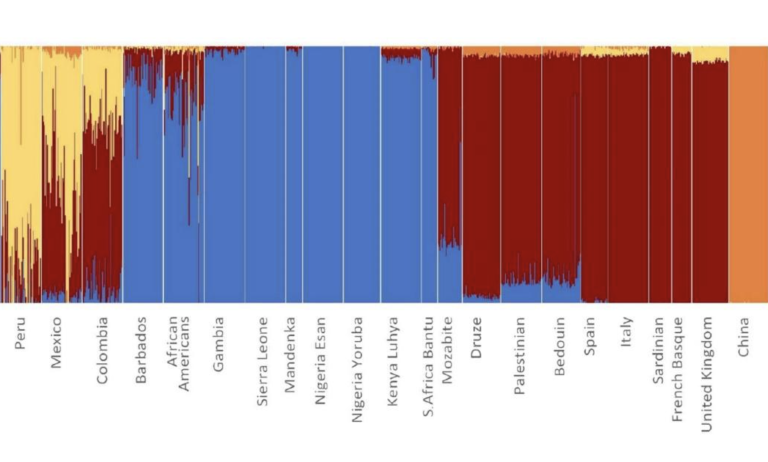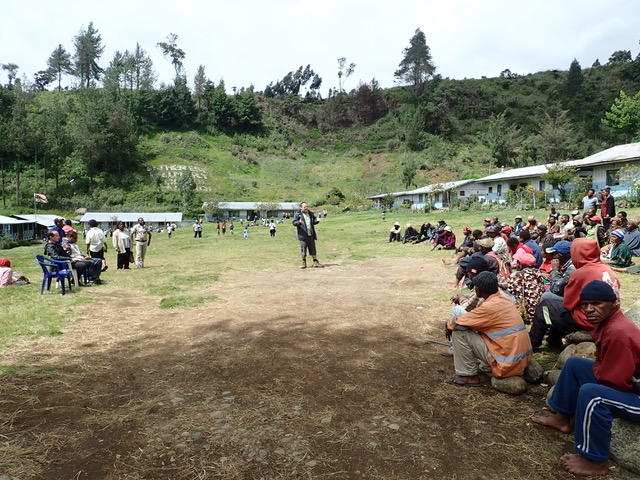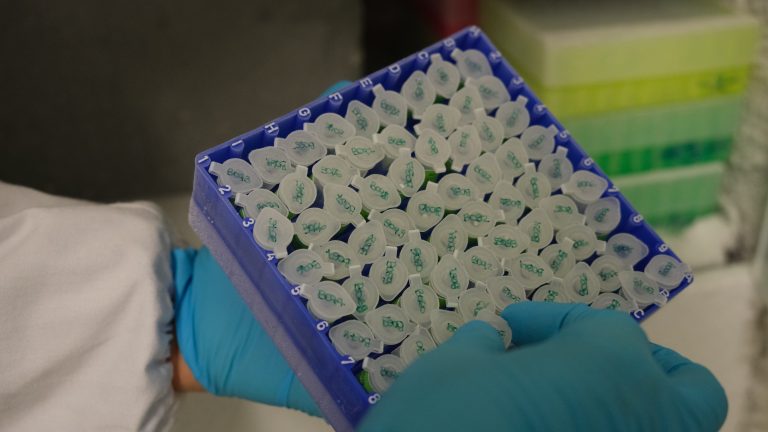Human population genetics and the idea of ancestry: an anthropological perspective (part 2)

In the last decades, the idea of “ancestry” has become one of the most important and popular notions in human population genetics. On this notion stands genetics perspectives on the origins and history of contemporary living populations. However, ancestry has several meanings and outside of genetics, the idea commonly informs practices related to identity, kinship and family history.



